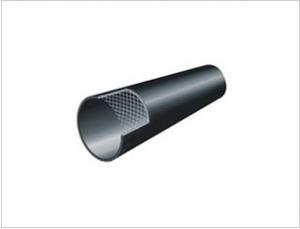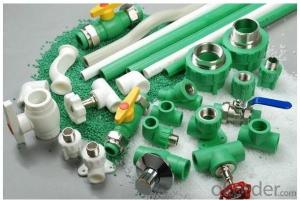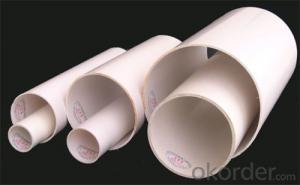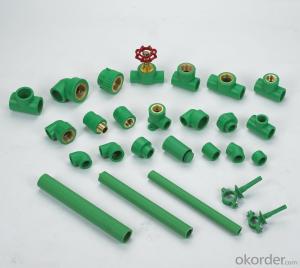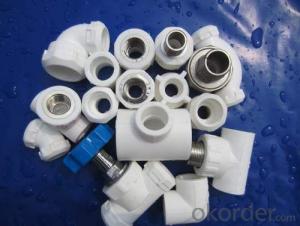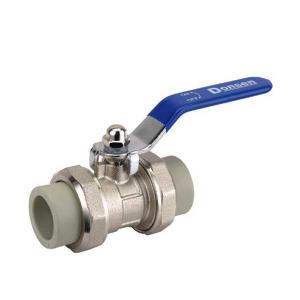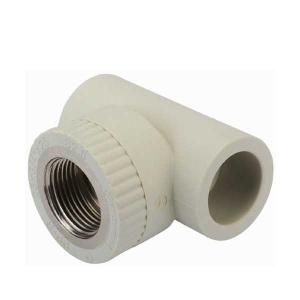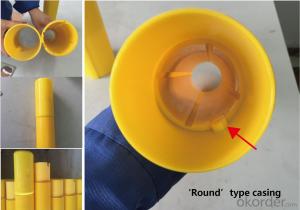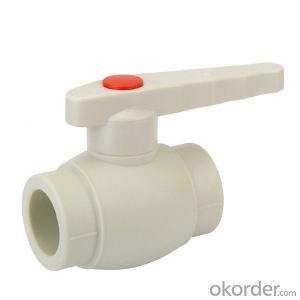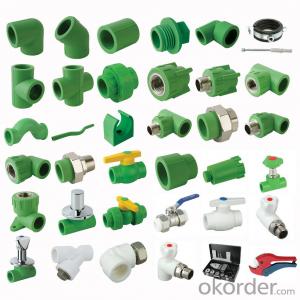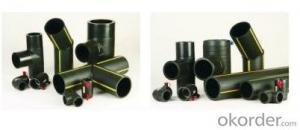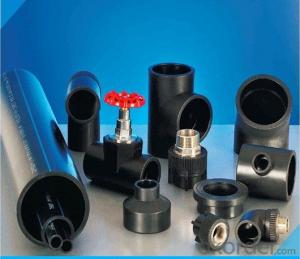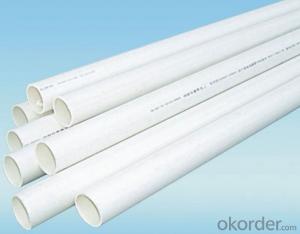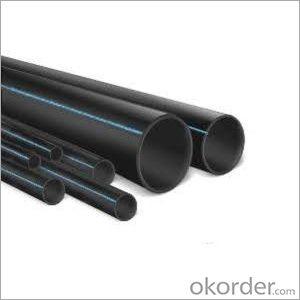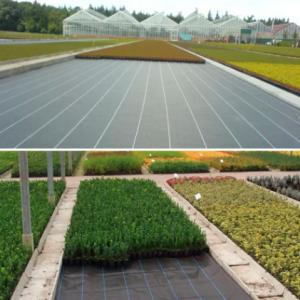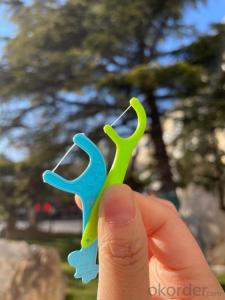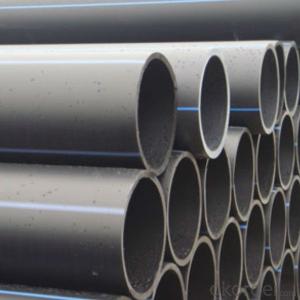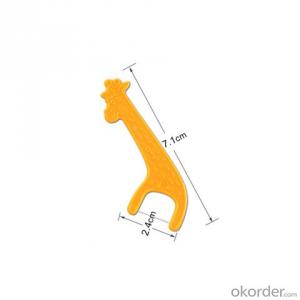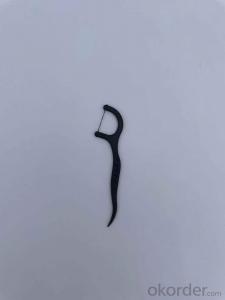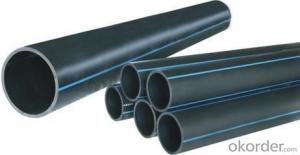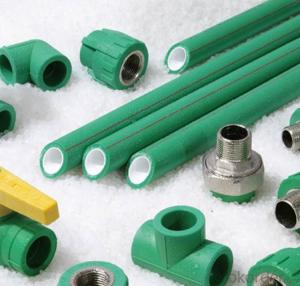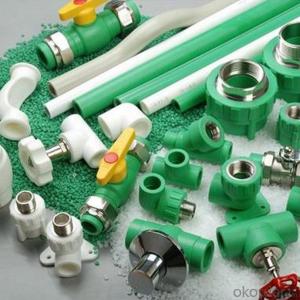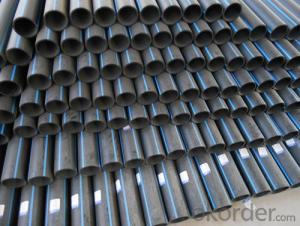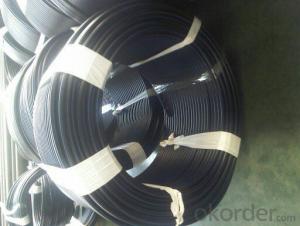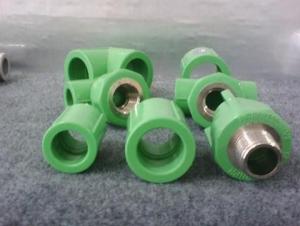Steel Mesh Skeleton PE Pipe for Underground Coal Mine
- Loading Port:
- China Main Port
- Payment Terms:
- TT OR LC
- Min Order Qty:
- -
- Supply Capability:
- -
OKorder Service Pledge
OKorder Financial Service
You Might Also Like
Quick Details
| Place of Origin: | Brand Name: | Model Number: | |||
| Material: | Specification: | Length: | |||
| Thickness: | Standard: | Pressure: | |||
| Color: | OEM: | Working life: | |||
| Feature: | bending property: | Application: | |||
| Origin: | Production Techinque: | Ranking: |
Specifications
1.superior wearability
2.superior temperature resistant
3.superior impact resistant
Applications scope:
steel mesh skeleton PE composite Pipe can use in chemical industry :manufacture industry of acid ,alkali and salt ;transmission or discharging pipeline of corrosive gas, fluid and solid powder in industries including petrochemical,fertilizer,persticide,pharmacy,chemical,mining,plastic and rubber industry.
Oil and gas fields: oil-contained wastewater, gas field misture, polymer liquor reinjection to oil well, twice and triple oil extraction and transmission pipelines.
Mines: ore pulp, tailings, vent pipes and engineering pipes.
Texitile, printing, dyeing and paper industry: transmission or discharging pipeline to transport corrosive media.
Municipal constructions: transmission pipelines of constructional water supply and drainage, drinking water, natural gas and fuel gas.
Non-ferrous metal: seawater transmission, underdrain transmission pipe, discharging pipes and irrigation water pipe, etc.
Agriculture: deep-well pipes, strainer pipes, underdrain transmission pipe, discharging pipes and irrigation water used in desalinator, seaside power plant and port cities.
Thermoelectricity engineering: process water, recycled water and waste residue transmission in thermoelectricity projects.
Express highway: underground drainpipes and cable conduits.
.
Heat Preservation:
steel mesh skeleton PE composite Pipe not less than 25mm in thickness are used to wrap around pipeline surface. Buried under ground, it will not absorb water and distort, thus its service life keeps the same with the pipeline.

- Q:Are plastic pipe fittings suitable for swimming pool installations?
- Yes, plastic pipe fittings are suitable for swimming pool installations. They are commonly used due to their durability, resistance to corrosion, and ability to handle the water pressure and chemicals typically found in swimming pools. Additionally, plastic pipe fittings are easy to install and maintain, making them a practical choice for swimming pool plumbing systems.
- Q:Regarding the connection of plastic pipes and inspection wells, is the flexible connection or rigid connection?
- The connection between the pipeline and the inspection well shall be constructed according to the design drawing. When the socket pipe is connected with the well wall of the inspection well, the socket pipe fittings shall be supplied by the manufacturer;
- Q:Can plastic pipe fittings be used in septic tank systems?
- Yes, plastic pipe fittings can be used in septic tank systems. Plastic fittings are commonly used in septic tank systems due to their durability, corrosion resistance, and ease of installation.
- Q:Are plastic pipe fittings suitable for high-pressure systems?
- No, plastic pipe fittings are not suitable for high-pressure systems.
- Q:What is the maximum temperature that plastic pipe fittings can handle?
- The maximum temperature that plastic pipe fittings can handle depends on the type of plastic used. Generally, PVC (polyvinyl chloride) pipe fittings can handle temperatures up to 140°F (60°C), while CPVC (chlorinated polyvinyl chloride) fittings can withstand higher temperatures up to 200°F (93°C). However, it is important to consult the manufacturer's specifications for the specific type of plastic fitting being used to ensure it is suitable for the desired temperature range.
- Q:What is the lifespan of plastic pipe fittings?
- The lifespan of plastic pipe fittings can vary depending on various factors such as the type of plastic used, the quality of the fittings, and the conditions they are exposed to. However, on average, plastic pipe fittings are known to have a lifespan of around 50-100 years.
- Q:Are plastic pipe fittings resistant to fire?
- Plastic pipe fittings have varying degrees of fire resistance, depending on the type of plastic used. PVC (polyvinyl chloride) fittings, for example, have low resistance to fire and can melt or burn when exposed to high temperatures. On the other hand, CPVC (chlorinated polyvinyl chloride) fittings are specifically designed to be more flame-resistant and can withstand higher temperatures without melting or burning. It is essential to choose the appropriate plastic pipe fitting based on the specific fire safety requirements of the installation.
- Q:How do plastic pipe fittings compare to polyvinylidene fluoride (PVDF) fittings?
- Plastic pipe fittings and PVDF fittings differ in terms of their material composition and properties. Plastic pipe fittings are usually made of various types of plastic, such as PVC or CPVC, which offer good chemical resistance and affordability. On the other hand, PVDF fittings are specifically made from polyvinylidene fluoride, a highly durable and chemically resistant thermoplastic material. PVDF fittings are known for their excellent resistance to high temperatures, harsh chemicals, and UV radiation, making them suitable for demanding industrial applications. While plastic pipe fittings may be more cost-effective, PVDF fittings provide superior performance and longevity in challenging environments.
- Q:Can plastic pipe fittings be used for gas applications?
- Yes, plastic pipe fittings can be used for gas applications, but they must be specifically designed and approved for use with gas. It is important to ensure that the fittings meet the necessary standards and certifications to ensure safety and proper functioning in gas systems.
- Q:Can plastic pipe fittings be used for drainage systems?
- Yes, plastic pipe fittings can be used for drainage systems. Plastic fittings are commonly used in drainage systems due to their durability, corrosion resistance, and ease of installation. They are also cost-effective and provide a reliable solution for managing wastewater and ensuring efficient drainage.
1. Manufacturer Overview |
|
|---|---|
| Location | |
| Year Established | |
| Annual Output Value | |
| Main Markets | |
| Company Certifications | |
2. Manufacturer Certificates |
|
|---|---|
| a) Certification Name | |
| Range | |
| Reference | |
| Validity Period | |
3. Manufacturer Capability |
|
|---|---|
| a)Trade Capacity | |
| Nearest Port | |
| Export Percentage | |
| No.of Employees in Trade Department | |
| Language Spoken: | |
| b)Factory Information | |
| Factory Size: | |
| No. of Production Lines | |
| Contract Manufacturing | |
| Product Price Range | |
Send your message to us
Steel Mesh Skeleton PE Pipe for Underground Coal Mine
- Loading Port:
- China Main Port
- Payment Terms:
- TT OR LC
- Min Order Qty:
- -
- Supply Capability:
- -
OKorder Service Pledge
OKorder Financial Service
Similar products
New products
Hot products
Hot Searches
Related keywords
